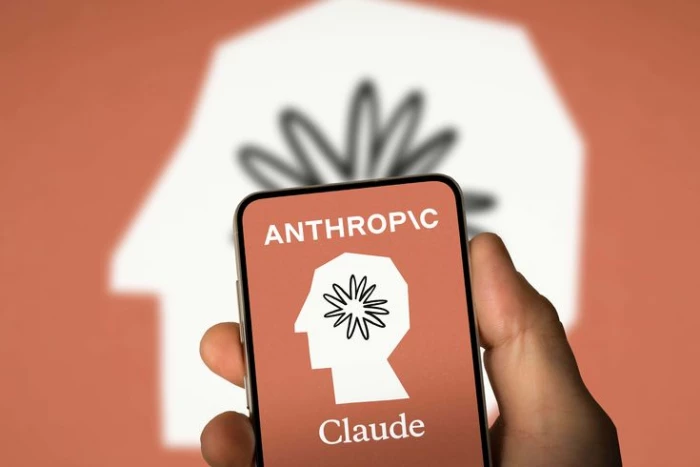Anthropic’s New Data Rule: Let Your Claude Chats Train AI or Opt Out by September 28
by Muskan Kansay - 5 months ago - 2 min read

Anthropic has just rewritten the rules of engagement for its consumer AI products, and every Claude user now faces a sharp deadline: make a privacy decision by September 28 or let conversations silently fuel the next wave of AI. The policy shift is tectonic: gone are the days when chats and coding sessions vanished after 30 days. Instead, Anthropic plans to stockpile user interactions for five years unless the user flips the data training switch.
An Unmissable Choice
Business, government, and API customers are excluded from this change. For those using Claude Free, Pro, Max, and Claude Code, a pop-up greets them with “Updates to Consumer Terms and Policies” in bold, shadowed by an Accept button. But the true choice is hidden in a tiny toggle for training permissions, on by default and easy to miss amid fast clicks.
Why Anthropic Wants Your Data
Anthropic claims the change helps improve model safety and makes Claude better at spotting harmful content, coding, analysis, and reasoning. In reality, the policy is about fueling AI progress: large language models thrive on real-world data, and Anthropic needs massive, authentic conversation logs to stay competitive with OpenAI and Google.
Privacy Under Pressure
User confusion is surging as data changes blend with product news and UI tweaks. The default opt-in, buried toggles, and fleeting notifications almost guarantee most users will agree to sharing their data unwittingly. Privacy advocates, and even the FTC, have warned that meaningful consent can get lost in fine print or legalese.
Industry Shifts and Legal Battles
Anthropic’s shakeup echoes sector-wide turbulence. OpenAI is in legal crosshairs, forced to retain all ChatGPT chats after a lawsuit, highlighting the global debate over AI and privacy. As AI models demand ever more data for better performance, scrutiny of these policies grows.
Final Word
Anthropic’s move is more than technical: it’s a test of progress versus privacy in the age of data-driven AI. September 28 is a milestone, a fork in the road for millions of users, with the fate of their conversations at stake.